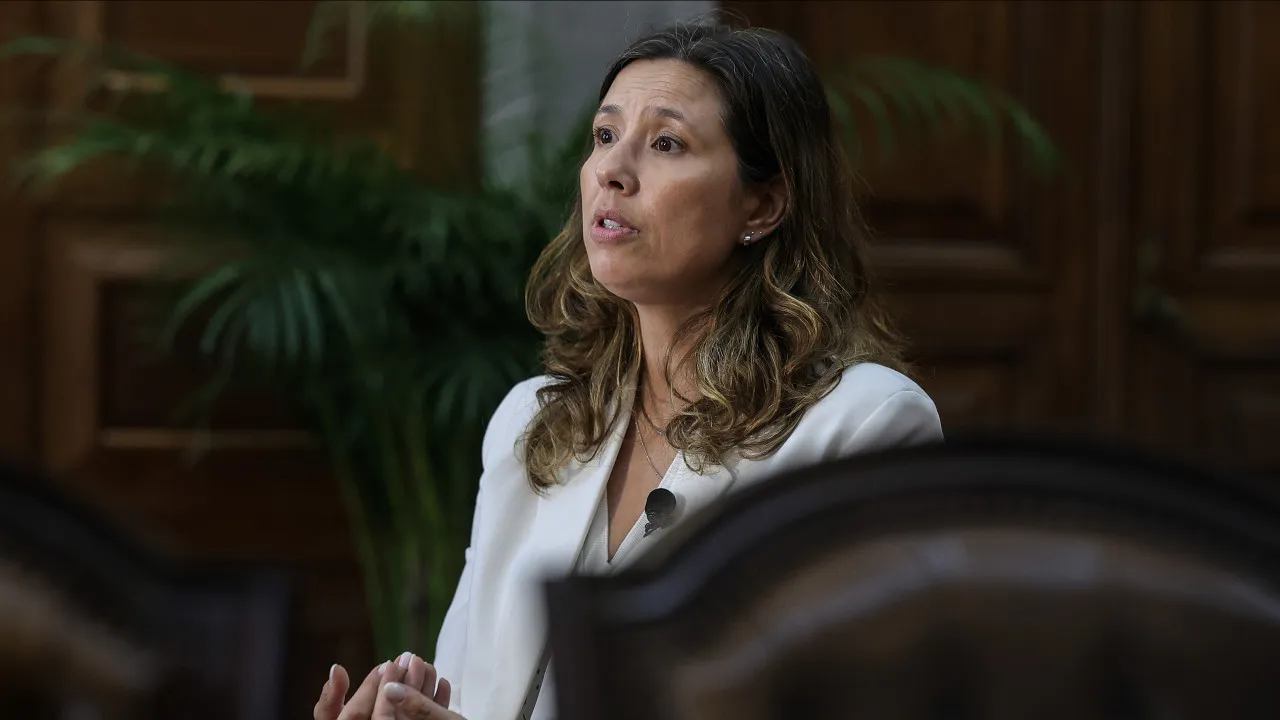
“There is some urgency in this matter, yet we cannot ignore the fact that due to a supposed urgency, the Government went too far, did not listen to anyone, and did not even wait for legally required opinions. This action ultimately proved counterproductive,” stated Mariana Leitão.
In Valongo, in the Porto district, where she attended the presentation of local council candidates for the municipal elections, Mariana Leitão said the Government’s “urgency” led to the Constitutional Court’s decision and the President of the Republic’s veto, something that could have been avoided if the Government had heeded multiple warnings.
“Warnings that we in IL also made to correct certain issues which, in all likelihood, could have prevented this situation,” she remarked.
The law, now rejected by the Constitutional Court judges, was approved on July 16 in the Assembly of the Republic, with the favorable votes of PSD, Chega, and CDS-PP, abstention from IL, and votes against from PS, Livre, PCP, BE, PAN, and JPP.
The Constitutional Court “struck down” five provisions of the parliamentary decree that approves the legal framework for the entry, stay, exit, and removal of foreigners from national territory.
The bill, sent by President Marcelo Rebelo de Sousa to the Constitutional Court on July 24 for a constitutionality review, will now be returned to Parliament to amend provisions violating the fundamental law.
In a letter sent to Carlos Abreu Amorim, Minister of Parliamentary Affairs, and made public on Saturday, IL expressed willingness to “negotiate an urgent and rigorous solution” to overcome any impasse in the Foreigners’ Law.
Mariana Leitão proposed to the government a dialogue to achieve “an urgent and rigorous solution,” as stated in the letter.
Asked about this availability, Mariana Leitão stated the “central issue is to have a balanced, proportional, fair law” and mentioned that for IL, two topics need to be discussed.
“On one hand, procedural safeguards, the issue of appeal processes, which seems to me that there is room to significantly improve the Government’s law, and then the issue of the deadline, which seems to us that with the decision time, there is a certain exaggeration in extending it to 18 months to make a decision,” she explained.
Reiterating the law should advance with “relative speed,” the president of IL emphasized that it should safeguard several issues, have rules, and ensure predictability in rights and duties.
“It is important to ensure this process concludes so that the law comes into force as soon as possible. It is important to have a legal framework regulating immigration issues. We have always advocated immigration must be done with rules, also requiring a predictability scenario for those who want to immigrate to know exactly what to expect and must also safeguard the humanitarian issue,” she mentioned.
For Mariana Leitão, it is also essential to prevent those arriving in Portugal from being “completely abandoned and left to their fate, living in utterly inhumane conditions at the mercy of labor exploitation.”
“We must have a proportional, fair legal framework that anticipates various situations to act, especially when there are cases of illegal immigration (…) and ensure that, for example, the crime of human trafficking, which exponentially increased in recent years, ceases to have such a significant impact and serves to end networks assisting illegal immigration and more,” she concluded.




